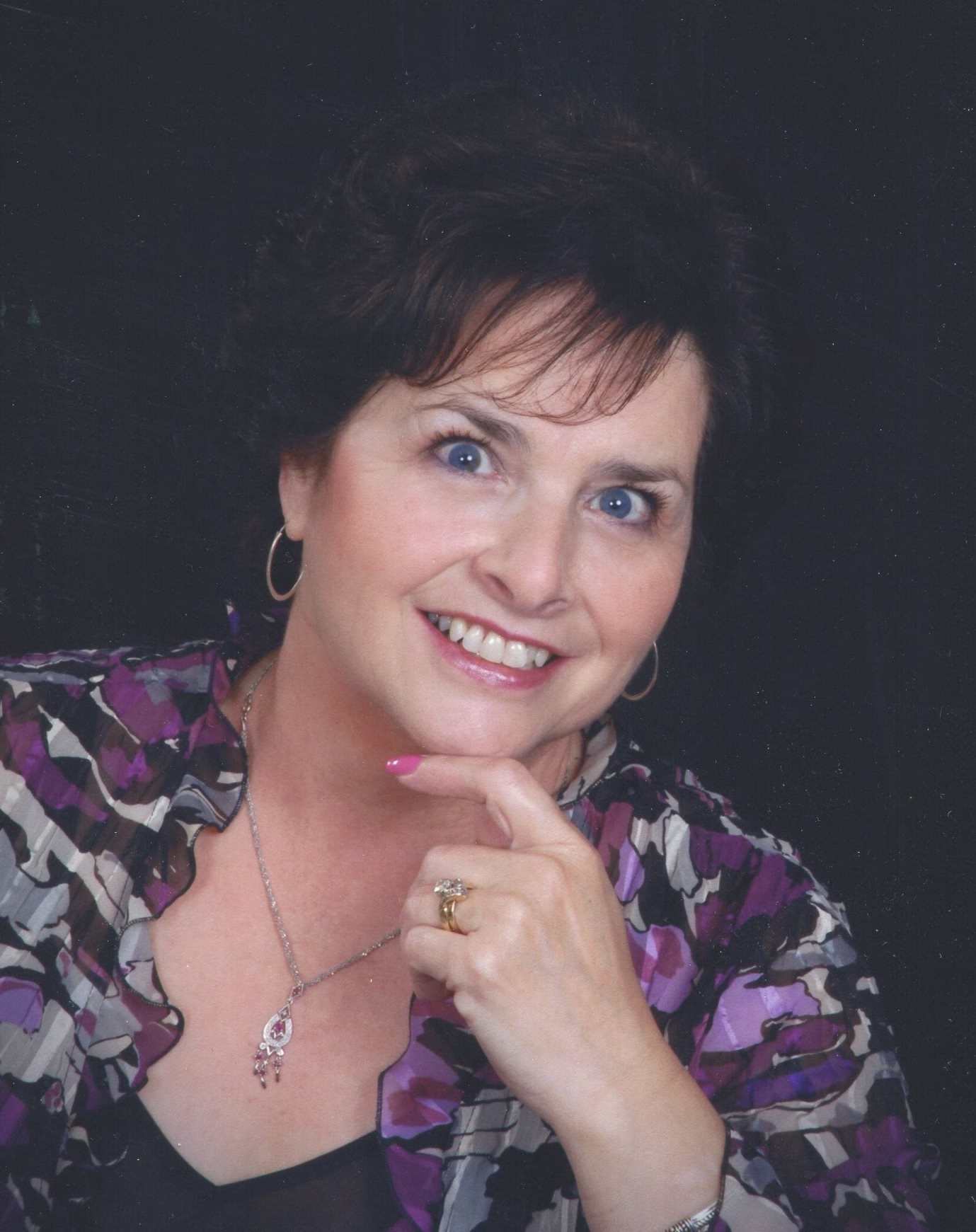A Birthday Trip Turns into a Flight for Life as Florida Faced Its Second Major Hurricane in Weeks
Photo: The author captured the scene of hurricane Milton ripping the roof off Tropicana field. Photo by Cynthia Reynolds
“If you live in zones A, B, C, D, or in mobile homes, you MUST evacuate. Otherwise, YOU. WILL. DIE!”
Tampa Mayor Jane Castor repeated this message over and over again on Florida’s television and radio stations on October 7, as Hurricane Milton gathered force in the Gulf of Mexico. By now, weather forecasters had determined that the storm’s projected landfall would hit the St. Petersburg/Tampa Bay area with 100-plus-mile-per-hour winds and possible storm surges of fifteen feet—in an area whose average elevation is thirteen feet. Florida’s governor and state and regional emergency reactors echoed the warning:
“You MUST evacuate. Otherwise, you will DIE!”
“I will happily trade Florida’s hurricanes for Michigan’s blizzards,” muttered our son Benjamin as he spent his birthday bolting metal hurricane shutters over the windows of his townhouse, anticipating the second major hurricane in two weeks. His home sits in St. Petersburg’s Zone B, much of which had been devastated by Hurricane Helene only ten days earlier, although he had avoided damage.

In a classic example of Bad Timing, my husband, daughter, and I had flown to Florida for four—we thought—days to celebrate Ben’s birthday. We had heard vague forecasts of possible tropical storms, but surely another major hurricane couldn’t follow Helene so quickly, we decided.
Our route from the airport to Ben’s place snaked through Helene-ravaged neighborhoods whose soggy homes huddled behind mountains of debris. Two days later, weather forecasters began warning us that we might share that fate.
Frantic phone calls from our family members insisted, “Get in the car and DRIVE as far and fast as you can!” But Ben has a sports car with two cramped back seats, three house guests, and a 120-pound Great Dane. Anxious calls to hotels, car rentals, and airlines were in vain. Gas stations were closing. Grocery stores were shuttering windows and sandbagging doors. Ben’s power flickered, then died. As he checked with friends, we lugged everything portable from his first floor to the second.

“Grab food and what you need,” Ben said abruptly. “We’ll take everyone and everything in two loads.”
“Where?” my husband asked.
“Downtown St. Pete.”
“ST. PETE??” I couldn’t believe it.
“Doug is offering us his condo. It’s on the fourth floor of a new building in a non-evac zone.” Ben ushered Agatha and a massive container of dog food into the car and reached for our suitcases.
“DOWNTOWN St. Pete?”
In the background, Mayor Castro’s voice sounded once again:
“You MUST evacuate. Or. You. Will. DIE!”
From the moment we made the move, we began counting our blessings. In safety, through wind-lashed, water-splashed windows overlooking Tropicana Field, we witnessed Milton’s arrival, devastation, and departure. Searchlights illuminated the stadium’s roof as we watched winds rip it to shreds. Central Street became a raging river as 101-mile-per-hour winds pummeled us with eighteen inches of rain, toppling palm trees and ancient oaks. All we knew about the hurricane was the fury we saw outside our windows.

When Milton moved on and Thursday dawned, the public was ordered to shelter in place, so linemen and emergency teams could work. Sirens wailed constantly. Three million Floridians were without power—but within hours, tens of thousands of linemen had restored power to 500,000, we were told.
By Friday, thousands remained in public shelters, hundreds of others needed rescuing, countless homes were washed away, dozens of helicopters filled the skies, and sirens continued to wail constantly. But the airport opened. And we were safe—an indescribable feeling.
Ironically, Ben’s life has been bookended by hurricanes. I was eight months pregnant and living in Pinellas County when my OBGYN ordered us to evacuate as Hurricane Elena approached. “The drop in air pressure induces labor,” he told us hurriedly. We spent a miserable four days in a fleabag hotel in central Florida, but we were safe and far from the hurricane’s winds and waves. We returned to an intact house, a yard full of debris from a nearby mobile home park that had been flattened, and news that twenty-seven women in my doctor’s practice had given birth prematurely.
We moved north not long afterwards. As the years passed, we forgot the fears generated by hurricane warnings and terrors. But Milton reminded us once again of Nature’s powers—and why we live in Michigan.
On Saturday, October 12, we flew home, shaken, grateful to be alive, but heartbroken about the countless tragedies still unfolding, from Helene as well as Milton. Because of power outages and news teams’ difficulties in getting to flooded areas, we still had only sketchy information about the damages, although we learned that only five hurricanes in history have had winds stronger than Milton’s strongest gusts, reported as 105 mph not far from Doug’s condo.
We still don’t know the extent of Florida’s enormous physical and economic damage, but the emotional damage will be greater. We’re still trying to understand the enormity of what happened and what the future will be for countless Floridians who lost their homes, their possessions, their jobs, and even loved ones. To add to their misery, lies about FEMA funds being diverted from hurricane relief to immigrants are hampering desperately needed relief efforts.
“I think I’ll kiss the ground in Michigan,” I murmured as our flight landed.





 8123 Main St Suite 200 Dexter, MI 48130
8123 Main St Suite 200 Dexter, MI 48130


